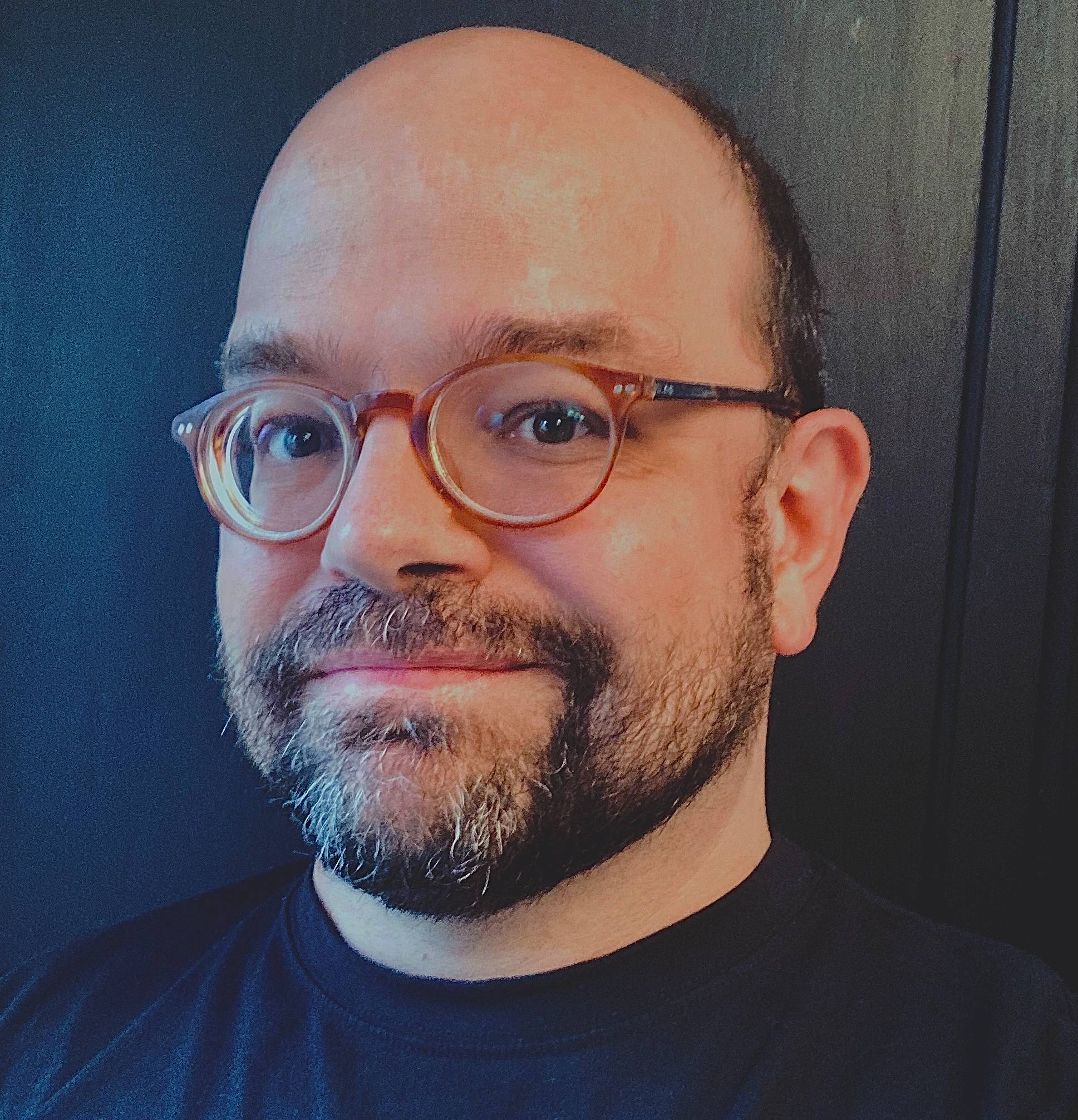The development of liquid crystal technology in Northeast Ohio - and specifically at şÚÁĎłÔąĎÍř - is an important part of the region’s and university’s legacies and ongoing global impact. Capturing the innovations and the university’s part in these discoveries is the goal of a new grant.

Matthew Crawford, Ph.D., associate professor in the Department of History at şÚÁĎłÔąĎÍř, was awarded an Ohio History Fund grant of $16,000 for the Liquid Crystal Oral History Project. Crawford is the project director and will be working with the Department of Special Collections and Archives at şÚÁĎłÔąĎÍř’s University Libraries, as well as a hand-picked advisory group of historians and liquid crystal scientists.
The Liquid Crystal Oral History Project will preserve the history of the cutting-edge liquid crystal innovations at şÚÁĎłÔąĎÍř by conducting a series of recorded oral history interviews with faculty and alumni of the Advanced Materials and Liquid Crystal Institute (AMLCI), formerly known as the Liquid Crystal Institute.
In the late 1960s and 1970s, the AMLCI distinguished itself as a research center exploring the mysteries of a not-well-understood class of materials. Since then, the institute's faculty, staff, students and alumni have played an important role in understanding liquid crystals and also in developing their practical application.
The stories of those associated with the institute will provide insight into the role of AMLCI and development of the institute’s work on technologies such as liquid crystal displays (LCDs) that are used in television and electronic screens, which are increasingly important in a technology-focused world.
“The main goal with this grant is to build a collection and archive, so to speak, of these oral histories,” said Crawford. “The faculty, staff and students at the Liquid Crystal Institute have been and continue to be at the cutting edge of their fields of scientific endeavor, and being able to record their stories is just very exciting.”
The collection of these interviews will showcase the vital role that şÚÁĎłÔąĎÍř and Northeast Ohio have played in the development of one of the most common technologies in today's world: LCDs. A better understanding of this history helps to recognize Northeast Ohio as a place of research and innovation with local, national and international impact.
“I'm excited about the project because the Liquid Crystal Institute is one of the foremost research institutes in the world on liquid crystals and it has been since it was established in 1965,” Crawford said. “It's a very important unit and institute on our campus. It's an important part of şÚÁĎłÔąĎÍř's history. And it's a real success story for şÚÁĎłÔąĎÍř. As a historian of science I think it's incredibly important to preserve its history.”
Learn more about the Advanced Materials and Liquid Crystal Institute.
